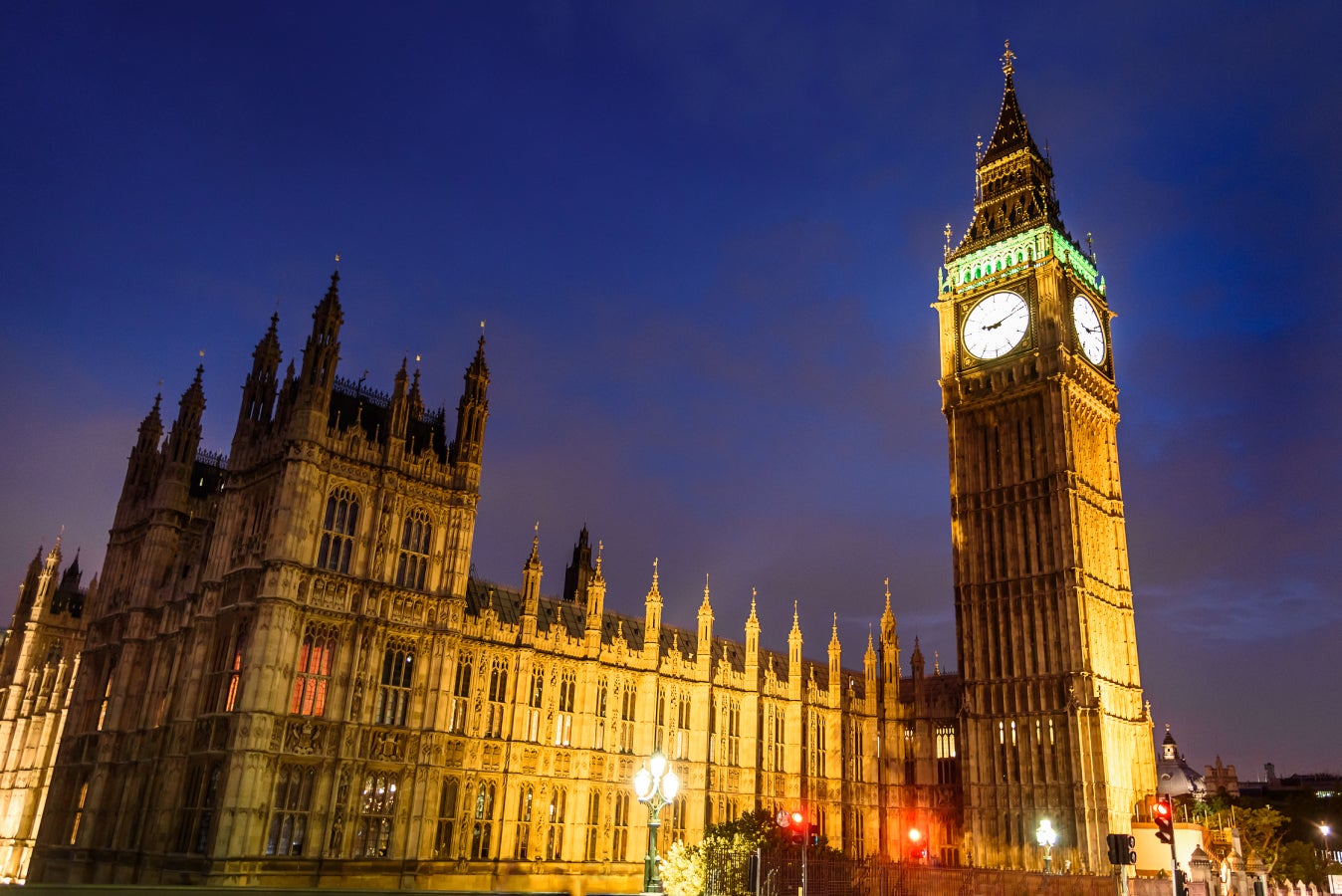OpenAI and Google Oppose UK Government’s AI Copyright Initiative

Reactions from Google and OpenAI on U.K. AI Regulation
Recently, Google and OpenAI expressed their opposition to a proposal by the U.K. government, which aimed to strike a balance between using online content for AI training and safeguarding artists’ rights regarding consent and compensation. Instead, both companies advocate for a broader exception for text and data mining (TDM). They argue that this would serve the interests of all involved parties more effectively.
Details of the U.K. Government’s Proposal
Published in December, the government’s outline allows AI developers to utilize creators’ online content for training purposes unless the rights holders specifically choose to opt-out. Moreover, it requires AI developers to disclose which creative materials they are using and the sourcing methods employed.
Support for TDM Exception by Tech Giants
In their feedback on the consultation, OpenAI highlighted that the opt-out mechanism would pose significant implementation problems. They pointed to ambiguous standards in the EU, making it difficult for AI creators to determine which works are accessible and which are restricted. OpenAI has also stated any transparency guidelines should not require the exposure of sensitive information beyond what is necessary, as this could discourage companies from working in the U.K.
OpenAI is in favor of a TDM exception that would allow them to train models using copyrighted materials without needing permission from the rights holders. They believe that this approach will foster innovation and investment in the U.K. AI sector while still considering the needs of copyright owners.
Similar sentiments have been echoed by Google, which also supports the TDM exemption. The company aims to establish this for both commercial and non-commercial purposes, although earlier plans to implement it for commercial reasons faced backlash from creators.
Transparency Requirements Criticized
Google has referred to the government’s transparency requirements as “excessive” and a potential hindrance to AI development, warning it could negatively affect the U.K.’s competitiveness in global AI markets.
Concerns from the Artist Community
The move to modify copyright laws has sparked strong reactions from artists who feel that the legislative process unfairly shifts the obligation to them. They are required to opt-out if they wish to protect their works, rather than having AI companies seek consent as a default practice. Organizations like the Independent Society of Musicians and the Publishers Association have voiced their concerns, arguing this change would diminish their control over their creations and their ability to profit from them.
Recently, over 400 artists, including well-known figures such as Paul McCartney, Ben Stiller, and Cate Blanchett, signed a letter advocating for action against AI companies accused of using copyrighted works without appropriate permissions. This collective effort highlights the frustrations within the creative community regarding how the evolving landscape of AI intersects with copyright laws.






